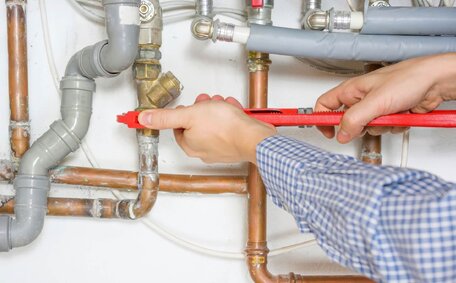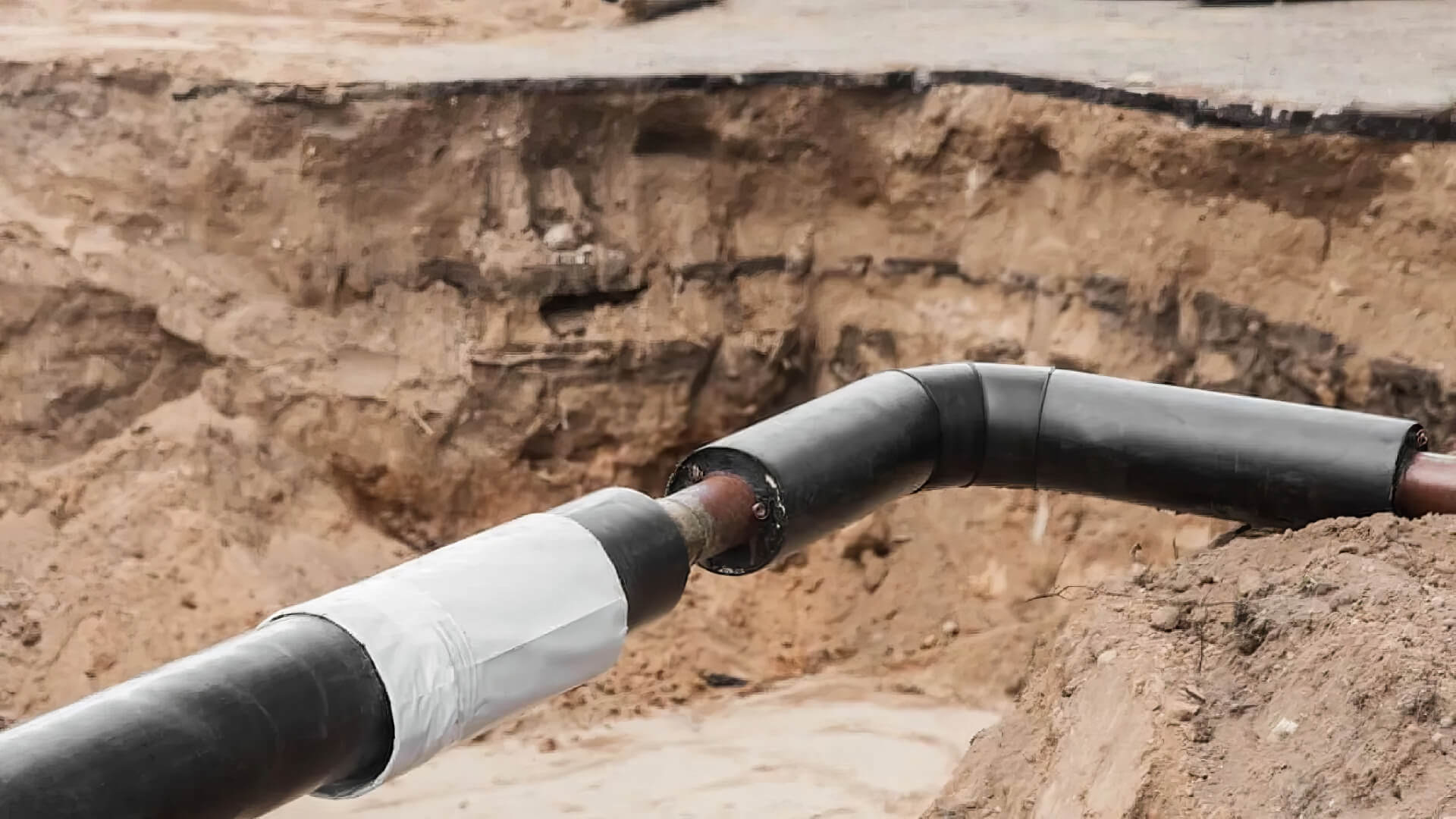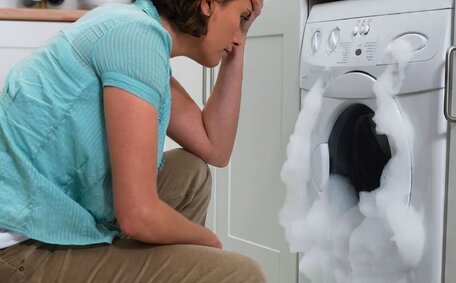
What’s involved in upgrading your gas meter?
Upgrading your gas meter is a simple process completed by qualified technicians. It involves disconnecting your gas supply for 15 minutes to swap the meter. Contact us today for a quote.
Read MoreFew things are more unpleasant than the foul stench of sewer gas invading your home. That noxious, rotten egg smell is not only disgusting, but a clear sign of bigger problems brewing beneath the floors and walls.
Sewer odours, caused by a buildup of toxic gases like hydrogen sulphide, methane, and ammonia, should never be ignored. If left unchecked, these stinking gases can wreak havoc on plumbing and sewer systems, corroding pipes and fittings. What’s worse, they also pose serious health risks like nausea, headaches, and breathing issues if inhaled.
Embarrassing sewer smells wafting through a home or business can be mortifying for owners. Guests and customers may wrinkle their noses, family members may avoid bathrooms, and residents themselves lose sleep to escape the stench.
That potent, rotten stench also indicates damaged plumbing lines and cracked drainage pipes permitting sewer gases to leak inside. Sewer odour problems will only worsen until underlying issues are properly diagnosed and resolved.
The good news? Stopping these sewer smells at the source is possible with professional drain cleaning and repairs. Advanced solutions like pipe relining can even create a long-lasting sewer gas seal, preventing unpleasant odours from escaping into living spaces ever again.
Sewer odours arise when toxic gases build up inside drainage pipes and seep out into homes. Two main culprits are responsible for this nasty sewer scent:
As waste accumulates, bacteria breaks it down, releasing smelly hydrogen sulphide, methane, and ammonia gases. With no escape route upwards, these gases diffuse through any breaches and pores in ageing drain lines.
Pipe relining seals these cracks and gaps to block sewer gases. Epoxy or other polymers are used to form a new barrier layer inside the original pipe. Once hardened, it prevents gas leaks and restores structural stability.
Several clear signs will alert homeowners that a sewer odour problem is brewing:
These red flags mean sewer gases are invading instead of venting outdoors. Professional drain inspections and pipe relining can permanently seal cracks to banish odours.
Pipe relining is an advanced, long-term solution for sealing dangerous sewer gases and banishing odour problems for good. This trenchless process involves inserting a flexible epoxy coating inside your damaged sewer, drain, or ventilation pipes to form a smooth, watertight barrier.
Once cured, the sturdy epoxy lining — called Cured-in-Place Pipe (CIPP) — seals all cracks, holes, and gaps in the old pipe walls. These problem areas typically allow sewer gases like hydrogen sulphide to escape into homes, causing those embarrassing rotten egg stenches.
The seamless epoxy barrier locks gases inside pipelines so they can only vent through outdoors plumbing vents. You’ll never have to worry about another sewer gas leak once ageing pipes are reinforced.
Relining outperforms full pipe replacement since it restores structural stability and flow capacity without having to dig destructive trenches. The process takes only hours, not days, and prevents future root intrusions.
Home and business owners should always turn to certified technicians to handle sewer odour issues. Professional drain cleaning, inspections, and pipe relining are the proven methods for tracing gases to their source and cutting off escape routes for good.
The pipe relining process involves several key steps to safely renew drainage systems and banish sewer odours:
Relining restores drainage capacity, resists corrosion and infiltration, and provides long-term protection against costly gas leaks. The process is fast, effective and prevents the need to dig up pipes on your property.
With over 25 years of experience, our licenced technicians are experts at assessing sewer odour issues and relining damaged pipes. We guarantee our trenchless solutions will permanently block unpleasant gases and odours from tainting your home again.
When ageing pipes allow sewer gases to invade homes, many homeowners assume full replacement is needed. However, relining pipes provides immense benefits compared to digging up and replacing drain lines.
Here are key advantages relining offers:
Specific benefits provided by top epoxy methods like Cured-In-Place Pipe (CIPP) relining include:
Compare this to drawn-out pipe replacements that require:
Relining avoids all that damage by restoring pipes in-place. Highly experienced teams like Mortdale Plumbing use industry-leading tools and materials for safe, effective gas sealing and odour prevention through trenchless epoxy relining.
When it’s time to remedy persistent sewer odours through professional pipe relining, finding an experienced local contractor you can trust is crucial. Here are key tips for identifying dependable experts:
At Mortdale Plumbing, our 25+ years of trenchless pipe relining experience, 5-year warranties, and thousands of satisfied local customers attest to our expertise. Trust our certified technicians to safely restore your plumbing and permanently block unpleasant sewer gases from invading your home.
While minor plumbing issues can often be tackled as DIY projects, there are times when calling in a professional plumber is truly essential.
If pipe relining or thorough drain cleaning fails to resolve persistent sewer odours in your home, this indicates a larger underlying issue that requires expert diagnosis and repair. Severe cases with extensive pipe damage may even need partial or full replacement.
It’s also crucial to call a licenced pro right away if you experience any of the following:
Our experienced, licenced plumbers at Mortdale Plumbing offer 24/7 emergency services when serious issues arise. We also specialise in leak detection, drain cleaning, water heater repair and top-quality pipe relining to proactively restore your plumbing systems and prevent major disasters.
Don’t live with persistent sewer stenches or put off other plumbing concerns. Call our team today at 1300 349 338 for upfront pricing and fast, effective solutions the first time - guaranteed.
Upgrading your gas meter is a simple process completed by qualified technicians. It involves disconnecting your gas supply for 15 minutes to swap the meter. Contact us today for a quote.
Read MoreWe use only the most durable, long-lasting and eco-friendly pipe relining materials such as PVC and epoxy resin to repair pipes without excavation.
Read MoreChemical drain cleaners contain toxic chemicals like sulfuric acid and sodium hydroxide that can damage pipes, disrupt septic systems, and harm humans if inhaled or make contact with skin. Avoid chemical drain cleaners and call Mortdale Plumbing at [phone] for safe, eco-friendly drain cleaning.
Read MoreMortdale, 2223 NSW
We will call back as soon as possible.




